Collaborative research projects in the network
The main mission of the HCNS is promoting and facilitating large collaborative research projects.
Current examples can be found in the following:

Funded by the European Union; early treatment of atrial fibrillation for stroke prevention trial in acute stroke
01/12/2024-30/11/2030
–> Read more about EAST-STROKE
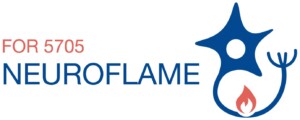
Research Unit FOR 5705
Exploration of neural defense strategies against inflammation and the damaging effects of inflammation.
01/01/2025-31/12/2028
–> Read more about FOR 5705

Research Unit FOR 5389
Contextual influences on dynamic belief updating in volatile environments: Basic mechanisms and clinical implications
01/01/2024-31/12/2027
–> Read more about FOR 5389
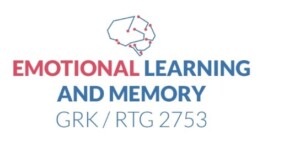
Research Training Group
Emotional Learning and Memory
01/07/2022-31/12/2026
–> Read more about GRK 2753
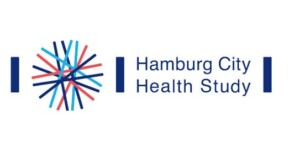
Initiated by the UKE
Largest local health study in the world
Since 2015
–> Read more about HCHS

Collaborative Research Center
Adenine Nucleotides in Immunity and Inflammation
01/07/2022-30/06/2026
–> Read more about SFB 1328

Research Unit
Deciphering dynamic principles of prefrontal processing underlying cognitive flexibility
01/01/2022-31/12/2025
–> Read more about FOR 5159

Collaborative Research Center
Cognition of Interaction
2022-2025
–> Read more about SFB 1528
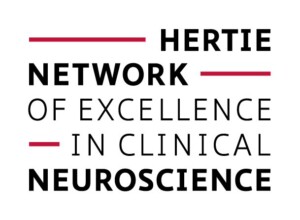
Hertie Network of Excellence in Clinical Neuroscience
01/01/2020-31/12/2025
–> Read more about Hertie Network

Research Unit FOR 2879
From immune cells to stroke recovery
7/10/2019-06/10/2025
–> Read more about FOR 2879
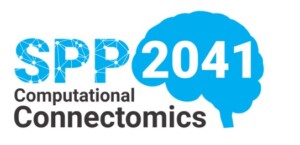
Priority Programme
New computational approaches to advance understanding of relationship between brain structure and function
01/07/2021-30/06/2024
–> Read more about SPP 2041

Transregional Collaborative Research Center
Crossmodal Learning
01/01/2016-31/12/2023
–> Read more about TRR 169

EU project (Horizon 2020)
European School of Network Neuroscience
01/10/2019-30/09-2023
–> Read more about euSNN

Collaborative Research Center
Multi-Site communication in the brain
01/07/2011-30/06/2023
–> Read more about SFB 936
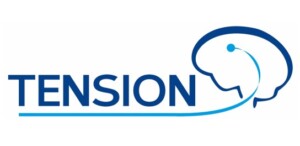
EU project (Horizon 2020)
Thrombectomy in stroke (extended lesion and extended time window)
01/01/2018-30/06/2023
–> Read more about TENSION
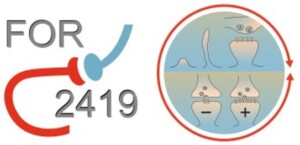
Research Unit
Plasticity versus Stability
01/05/2016-30/04/2023
–> Read more about FOR 2419
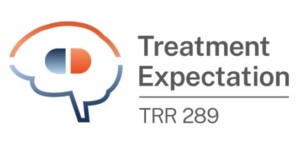
Transregional Collaborative Research Center
Expectations influence treatment outcomes
–> Read more about TRR 289



